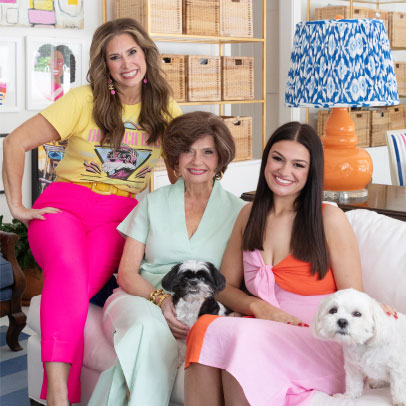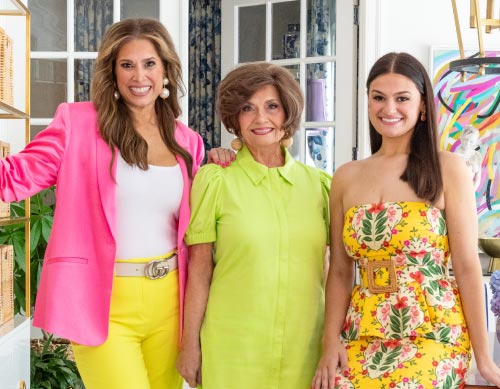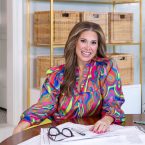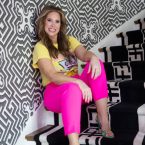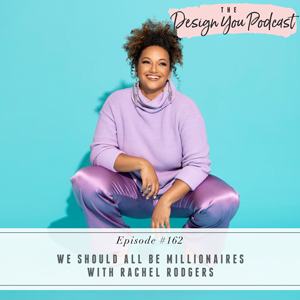
Are you ready to be a millionaire? If that’s one of your dreams, you are in luck today, friends! I have the fabulous Rachel Rodgers joining me on the show this week to share how she teaches women, especially women of color, to end the cycle of overworking, underearning and financial stress once and for all.
Rachel Rodgers is the Founder of Hello Seven, a multi-million dollar company that teaches women how to earn more money and build wealth. She has been featured in Time, Forbes, Entrepreneur and more, and she joins me this week to show you how to stop feeling stuck in your current financial situation, and why we can all be millionaires.
Listen in this week for an inspiring conversation about leaning into your earning potential and creating more money in your life. Rachel shares how we, as women, can be doing better when it comes to managing our finances, and how to make million-dollar decisions in your life and business. Choosing to invest in yourself is the most important thing you can do, friends, you’ll learn how in this week’s episode!
If you want help creating a business with thriving revenue streams so that you can design the life you really want this year, now is your chance! We’re going to be opening the doors to the Design You Coaching Program really soon, get on our waitlist now!

